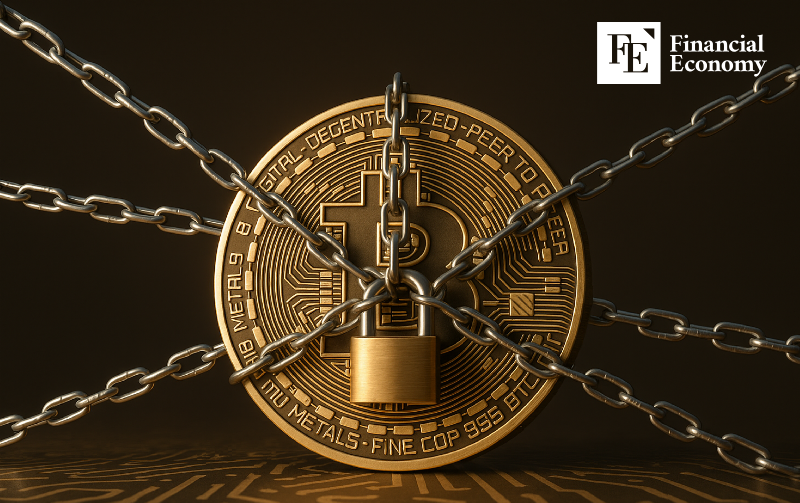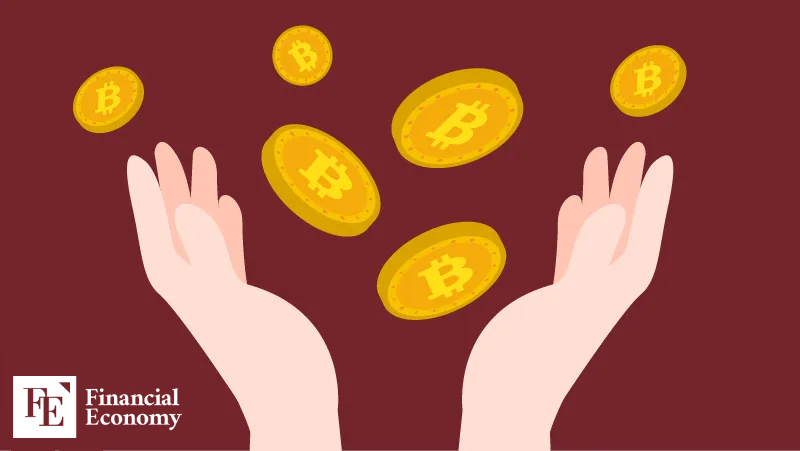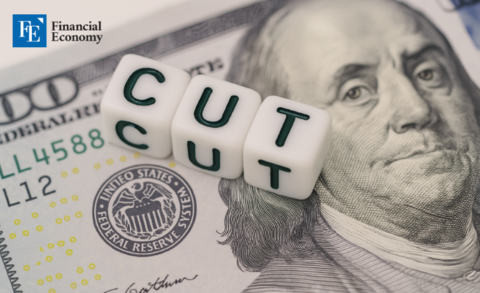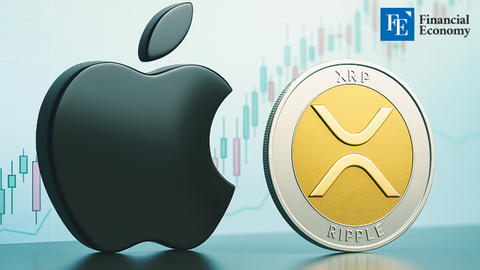U.S. Fed Chair Urges Stronger Cryptocurrency Regulations: 'We Must Eliminate Bad Actors and Build Investor Trust
Input
Modified
“Regulatory Gaps in Virtual Assets Could Trigger Systemic Risk,” Experts Warn U.S. Market Lacks Clear Regulatory Authority; Treasury Begins Policy Review Bank of Korea Also Voices Concern, Urges Early Intervention Starting with Licensing

Federal Reserve Chair Jerome Powell has strongly urged the establishment of clear regulations for the cryptocurrency market, arguing that the current regulatory framework is inadequate to comprehensively govern digital asset activities. His remarks are seen as clarifying the Fed’s stance amid the rapidly evolving digital asset landscape and ongoing inflationary pressures.
Powell Stresses Regulatory Clarity on Cryptocurrencies
On June 4 (local time), cryptocurrency news outlet EtherNews reported that U.S. Federal Reserve Chair Jerome Powell strongly emphasized the need for regulatory clarity in the crypto market. Speaking at the 75th anniversary conference of the Fed’s Division of International Finance, Powell stated, “Clear rules help legitimize cryptocurrencies, drive out malicious actors, and rebuild trust.”
He pointed out that the current regulatory framework is insufficient to cover the full scope of digital asset activity, stressing the need for clear oversight encompassing stablecoins and decentralized platforms.
Powell’s stance is that such clarity is essential to restoring investor confidence across the market. Currently, multiple U.S. agencies oversee different aspects of crypto, leading to regulatory fragmentation. His remarks are seen as offering a potential path forward amid ongoing jurisdictional debates over crypto products.
This is not Powell’s first call for regulation. Just last month, he said that, "There have been numerous failures and frauds in the crypto industry in recent years, but the market is steadily becoming more mainstream. We must approach it in a way that allows for proper innovation while preserving the safety and soundness of the banking system.” He further added that, “This must not become a model that shifts incomprehensible risks to consumers or undermines the safety of the financial system.”
U.S. Treasury Eyes Global Impact of Crypto Market
Wall Street remains cautious about existing crypto policy. While the U.S. government is internally exploring expansion of crypto-related activities, many experts argue that a clearer regulatory roadmap is urgently needed.
The Financial Stability Oversight Council (FSOC) has been consistently monitoring potential risks that digital assets may pose to the traditional financial system. At a recent meeting, FSOC working groups reportedly reviewed vulnerabilities in the digital asset ecosystem and highlighted risks to financial stability arising from regulatory gaps or inconsistencies. These discussions reflect the U.S. government’s strong resolve to protect investors and preserve market integrity.
Experts believe FSOC’s current discussions will significantly influence the creation of a comprehensive U.S. digital asset regulatory framework. In particular, the key agendas of “strengthening U.S. leadership in digital assets” and “providing regulatory clarity” align with long-standing demands from industry participants. Clear regulations, they argue, can foster innovation, prevent illegal activities, and help establish the U.S. as a global leader in the digital asset space.

Bank of Korea Calls for Early Oversight of KRW-Based Stablecoins
Meanwhile, the Bank of Korea (BOK) shares similar concerns. Last month, Ko Kyung-chul, Head of BOK’s Electronic Finance Team, stated at the Korean Financial Law Association conference that, “If Korean won-based stablecoins are to be permitted, the BOK must be involved from the licensing stage.”
Ko stressed that stablecoins significantly affect monetary policy and financial stability. Direct central bank involvement in the licensing process is necessary to minimize adverse impacts on central bank operations.
Currently, KRW-based stablecoins are not legally permitted in South Korea. Ko emphasized the need to design legislation that supports a stable and sustainable digital payments ecosystem, adding that it would be ideal for the BOK to oversee a future financial ecosystem that includes central bank digital currencies (CBDCs), deposit tokens, and stablecoins. This signals a shift from the BOK’s earlier cautious stance. BOK Governor Rhee Chang-yong last May stated that, "We must first decide whether to allow KRW-based stablecoins at all.”
Amid these discussions, some observers anticipate future jurisdictional conflicts between financial and monetary authorities over stablecoin oversight. A draft of the “Digital Asset Basic Act”, recently released by Democratic Party lawmaker Min Byung-deok, designates the Financial Services Commission (FSC) as the licensing authority for stablecoins.
Currently, the Korean government is preparing Phase 2 crypto legislation, which includes stablecoin regulations, through the Virtual Asset Committee chaired by FSC Vice Chair Kim So-young. The committee includes representatives from the FSC, Financial Supervisory Service, Ministry of Economy and Finance, Ministry of Justice, and Ministry of Science and ICT.
One senior financial regulator confirmed that they are currently preparing detailed Phase 2 provisions for stablecoins and related digital assets. They are aiming for implementation in the second half of this year as scheduled.





















